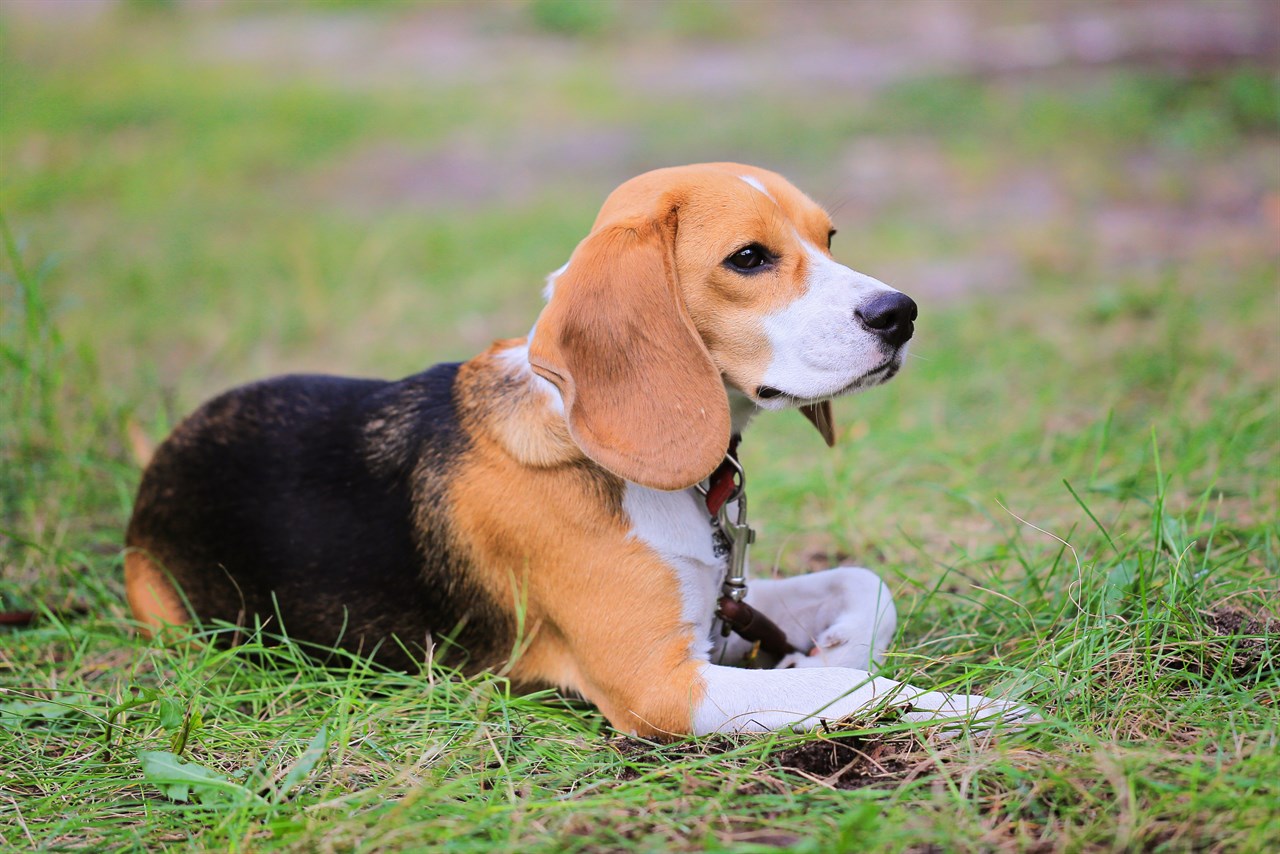Temperament, Personality, and Behaviour of Harrier Dogs

Harriers are renowned for their amiable and outgoing personalities. Their temperament makes them an excellent choice for families, active individuals, and even hunters. Here are some key traits that define the temperament and behaviour of Harrier dogs.
Friendly and Sociable
Harriers are known for their friendly and sociable nature. They tend to get along well with people, including children, making them a wonderful family pet. Their affable disposition often extends to other dogs, and many Harriers are known to enjoy the company of canine companions.
Playful and Energetic
These hounds are highly energetic and love to play. They thrive on regular exercise and outdoor activities. A Harrier without enough physical and mental stimulation can become bored and may resort to undesirable behaviours, such as excessive barking or digging.
Curious and Inquisitive
Harriers possess a natural curiosity and an acute sense of smell. They enjoy exploring their environment and will often follow their noses to investigate interesting scents. This inquisitive nature can lead them to wander if not properly contained, so a securely fenced yard is essential.
Independent Thinkers
While Harriers are intelligent, they can also be independent thinkers. This means that training may require patience and consistency. Early socialisation and positive reinforcement training methods are highly recommended to harness their potential.
Vocal and Expressive
Harriers are known for their distinctive bay, which is a musical, melodious howl. They may bark or bay when excited, tracking a scent, or communicating their needs. While this can be endearing, it's important to provide training to manage excessive vocalisation, especially in urban settings.
Loyal and Affectionate
Harriers are loyal to their families and often form strong bonds with their human companions. They enjoy being a part of family activities and are likely to follow their family members around the house.
Hunting Instincts
Due to their history as hunting dogs, Harriers have a strong prey drive. They may be inclined to chase small animals, such as squirrels or rabbits. It's important to keep them on a leash or in a secure area when outdoors to prevent them from pursuing wildlife.
Adaptability
Harriers can adapt well to different living situations, including suburban and rural environments. They thrive in homes with access to outdoor space where they can run and play.
Are Harrier Dogs Aggressive?
Generally, Harriers are not aggressive dogs. They are more likely to be friendly and affectionate than aggressive. However, like any breed, individual behaviour can vary based on factors such as genetics, socialisation, and training. Early socialisation and consistent training can help ensure that Harriers grow up to be well-adjusted and non-aggressive dogs.
Are Harriers Friendly?
Yes, Harriers are known for their friendly nature. They are often described as "people dogs" and enjoy the company of humans. Their sociable disposition makes them a good fit for families and those seeking a loving and loyal canine companion.
In summary, Harriers are a breed with a delightful temperament, characterised by friendliness, playfulness, and curiosity. They make excellent family pets and are well-suited for active individuals who can provide them with the exercise and mental stimulation they need. While they may have a strong prey drive and a tendency to bay, these traits can be managed through proper training and supervision. With the right care and attention, a Harrier can be a loving and cherished member of the family.